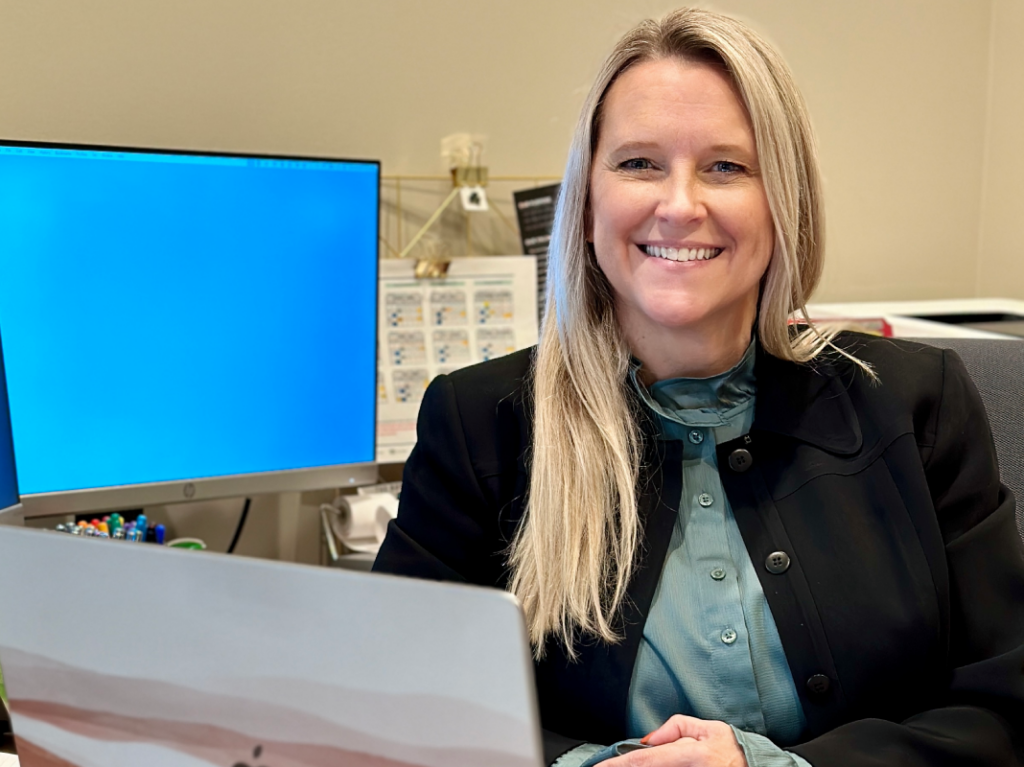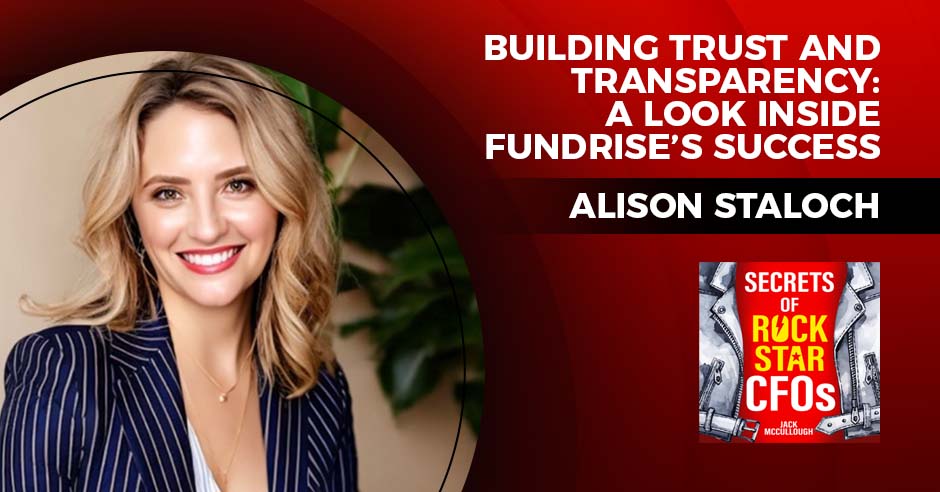
Julian Milev has served in finance roles for some notable global companies, and is now CFO of NitroPack, a Bulgaria firm that provides speed optimization tools for websites.
In 1999, Milev joined Kraft Foods International (presently Mondelez International) as the company’s treasurer for Bulgaria. He spent 10 years at Mondelez, six of them as an expatriate in London and Zurich. Other stints include time back in Bulgaria with Entrea Capital, a local M&A boutique, and four years as a relationship manager at Citicorp’s corporate and investment banking team in Sofia. In 2015, Milev became CFO for TELUS International Europe, the largest business process outsourcing operator in Bulgaria with a large subsidiary company operating in Romania (both entities of TELUS International Canada).
This summer, Milev became NitroPack’s CFO tasked with scaling up the organization and positioning it for global expansion implementing industry-leading customer care standards. He spoke with StrategicCFO360 about how to build a finance team—and why anyone would want to be a CFO in the first place.
What is your overall strategy at NitroPack, and how do you plan on implementing this strategy?
Our strategy is centered around sustaining our competitive edge in offering innovative site speed optimization solutions. We have witnessed a massive increase in the demand for our SaaS solution in the past year and have invested heavily in our customer care capabilities and in our development team. We have meticulously listened to feedback collected through our support team and built a roadmap with additional features. Lastly, we have added seasoned professionals to our team and plan on improving our affiliate program enabling a significant expansion of our reach.
For any finance team, what do you foresee in terms of the recruitment of more talent?
As our customer base increases, so do the demands for segment reporting, complex pricing and calibration tools. We are witnessing a trend whereby finance talent need to be technically skilled in the standard Excel, Access, Tableau applications—but also coupled with good remote teams who have communication skills in various chat/task/project tracking platforms such as Slack, Jira, Miro, Trello, OKR apps.
How do you see the role of the finance chief both generally, and as a result of Covid-19, changing in the next few years?
The CFO will inevitably continue to act as the steward of governance, risk, integrity and business continuity. Indeed, Covid-19 demonstrated the need for proactively prepared business continuity protocols of operation and emergency plans, which allow deployment of remote operations at a short notice. Most companies have already completed the Capex investments and tailored their remote infrastructure to WFH/hybrid models—yet what remains to be fully implemented is the adaptation of office spaces to the post-pandemic functional needs.
What has changed in the regulatory world that has affected NitroPack’s business?
Naturally, all regulations concerning businesses in the EU have affected NitroPack. However, being based in Bulgaria, we are more excited about potential regulations and government programs in Bulgaria. Over the past 18 months, we’ve experienced an amazing growth trajectory and the need to expand our team has also skyrocketed. In that sense, we’re looking forward to regulations and government programs that would stimulate Bulgarians living abroad to return here.
We believe that various technology organizations can work with our government to accelerate the return of talent in parallel with further investing in our outstanding talent pool at various Bulgarian universities. These changes would be incredibly beneficial to us. More importantly, they would allow many Bulgarian professionals to work in a home-grown company that develops a proprietary product used by website owners all over the world.
What advice do you have for young people just entering the finance profession?
My advice would be: always show up prepared.
At interviews, I tend to ask two specific questions that lead to interesting discussions and reveal each candidate’s true potential: First, what proxies and risk parameters did they use to validate the competitiveness—and even the viability of the business model—of the company per the publicly posted financials? Second, what improvement recommendations do they have regarding the way the information is presented in the financials?
Usually, spending 10 minutes discussing these questions is more than enough. It’s a great way to differentiate those who have come prepared and have the desire to contribute, improve and ultimately take us to the next level of financial competence and development from the ones who don’t. Candidates who proactively conduct thorough research, benchmark against the competition and apply different sensitivities to the different revenue streams always stand out.
What advice do you have for professionals in other fields who want to transition into the finance profession?
In our lifetime, we inevitably make numerous financial decisions, and we apply key budgeting skills to ensure we accomplish our financial goals. A cross-functional move to finance, in theory, looks like an easier one than a move to R&D, for example.
In practice, though, to excel in a finance role, a professional would need to climb quite a steep learning curve until they learn two of the fundamental dexterities of the finance job: asking the right questions and listening. Both require time and comprehension of what it would take to eliminate a circular reference in a financial model.








